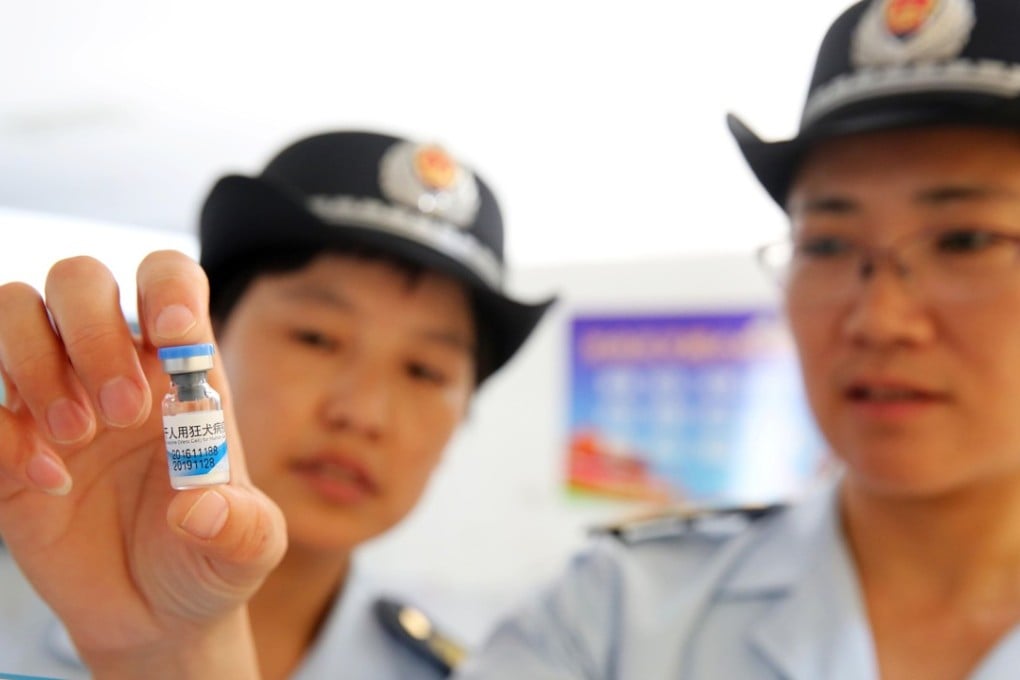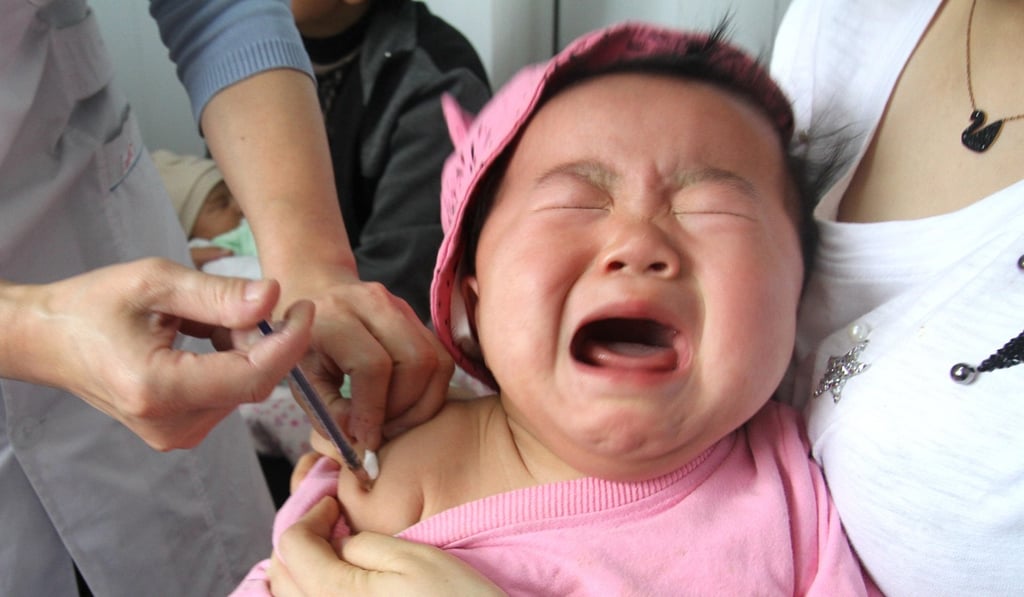China Briefing | Why China’s vaccine scandal is unlikely to be its last
The pledges of action from on high are all too familiar. If officials persist in paying more attention to censoring social media rather than reflecting on the root of the problem, another such disaster is just a matter of time

Alas! Another year, another food and drug crisis. When will this end?
The latest scandal to engulf China has raised serious concerns over the health of hundreds of thousands of toddlers who might have been injected with faulty vaccines, prompting a nationwide uproar from parents and attracting international headlines.
The Shenzhen-listed Changchun Changsheng Bio-technology was found to have sold some 252,600 substandard DPT vaccines to Shandong province.
It remains unclear how many children have been given the inferior shots against the three diseases – diphtheria, whooping cough and tetanus – or whether any child has come to harm.

